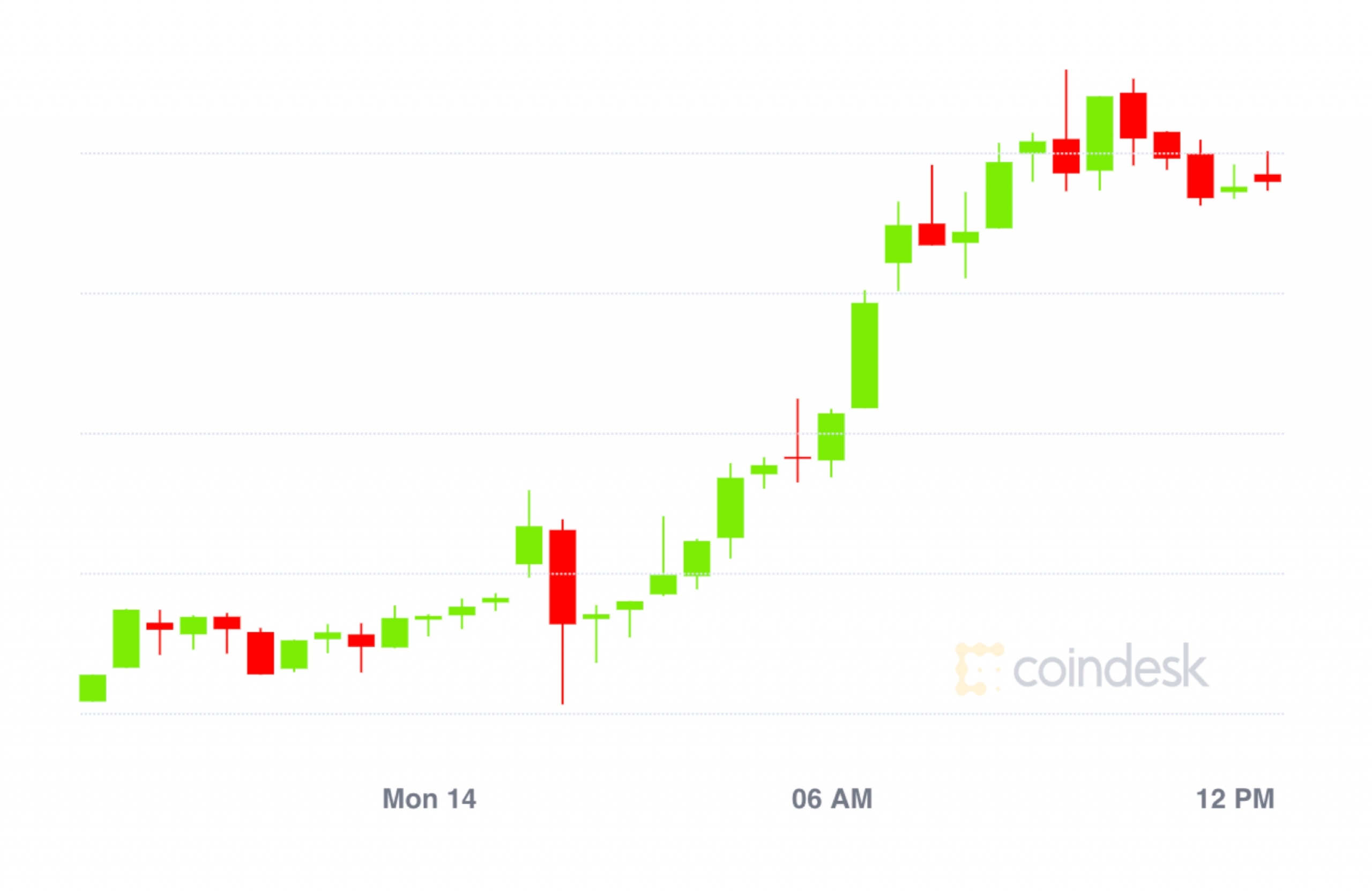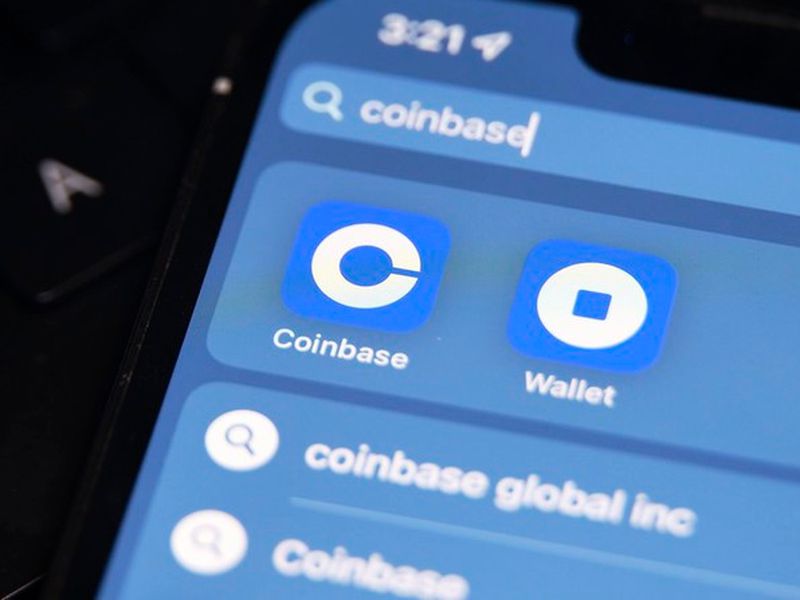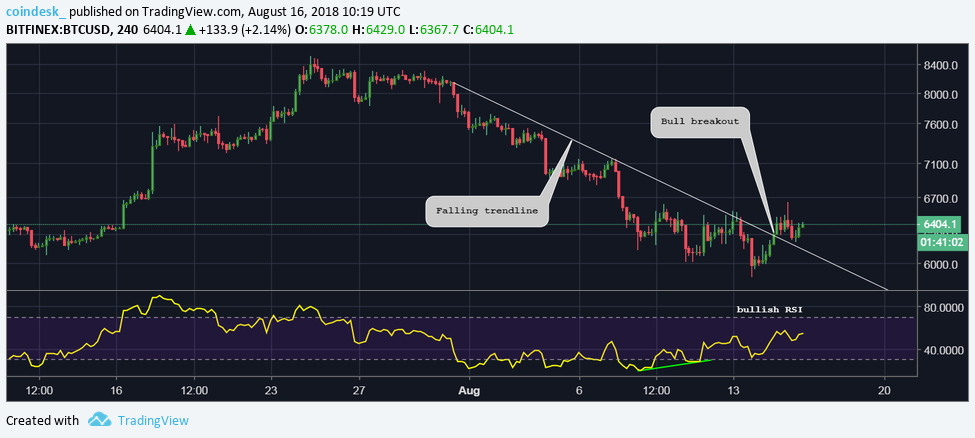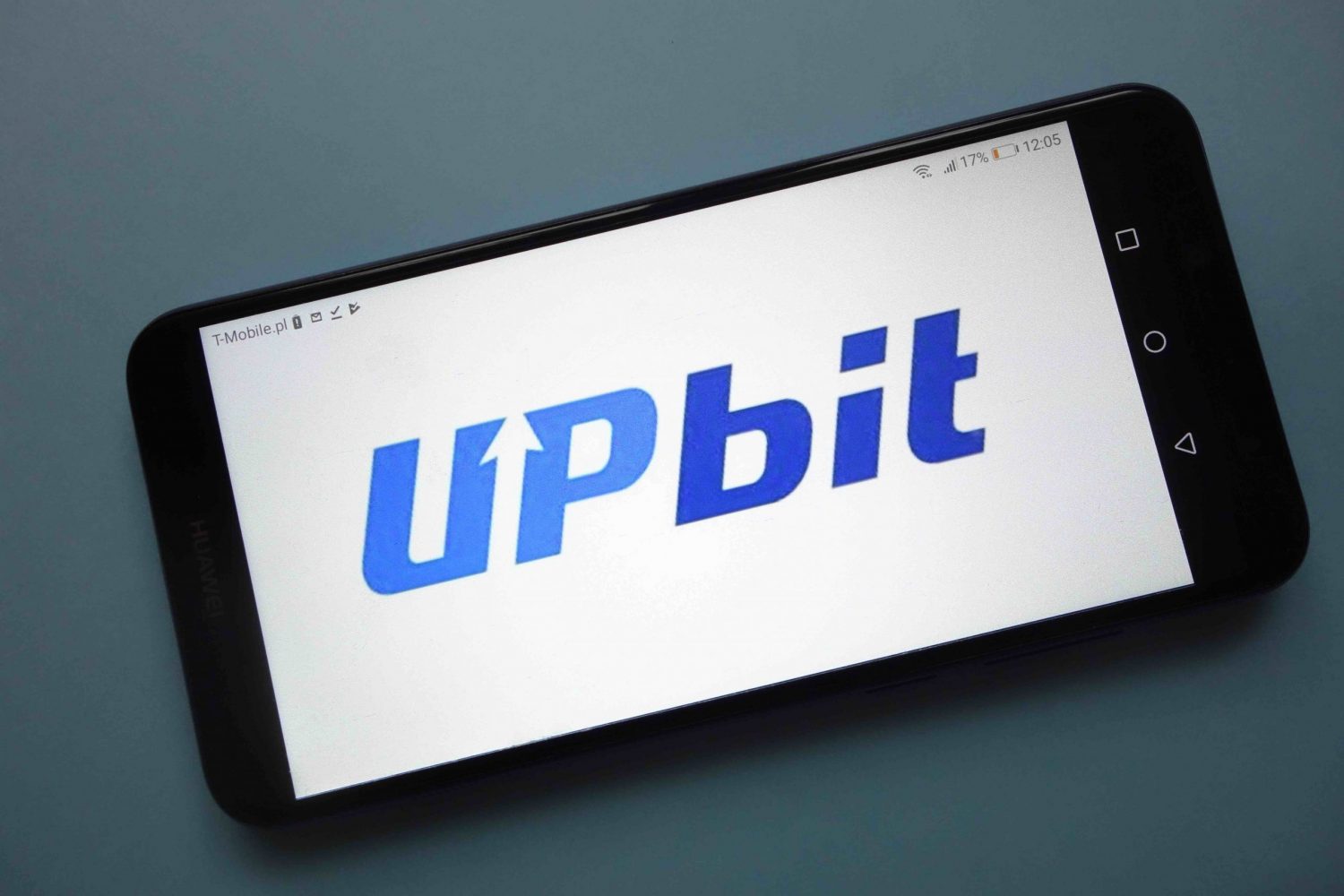UN to Use Blockchain to Tackle Exploitation of Migrant Workers in Hong Kong
The U.N.’s International Organization for Migration (IOM) will begin implementing a blockchain-based solution to ensure recruiters in Hong Kong meet global standards for migrant worker protection.
Announced yesterday, the IOM said it would begin using the International Recruitment Integrity System – Self-Assessment for Ethical Recruitment (IRIS-SAFER), a blockchain solution designed to add greater transparency to the recruitment process in Hong Kong and countries of origin for migrant workers.
Developed in partnership with Diginex, a Hong Kong-based blockchain firm, IRIS-SAFER will be used initially by up to 1,500 recruitment agencies. The hope is it will serve as a practical solution for businesses to adopt ethical recruitment practices, in line with the IRIS Standard, a set of rules designed to promote and support ethical recruitment practices around the globe.
“We are excited to have identified an opportunity by which IOM can support migrant worker recruitment agencies to differentiate themselves as good actors,” explained Giuseppe Crocetti, IOM China’s chief of mission.
As it’s based on an immutable ledger, U.N. officials will be able to use IRIS-SAFER to accurately monitor progress from participating recruitment agencies. The IOM plans to introduce the system to other jurisdictions around the globe following the Hong Kong roll-out.
There are more than 390,000 domestic migrant workers in the Hong Kong area, approximately one-tenth of the population, according to the last census. A recent survey found 58 percent of these had been charged illegal fees by recruitment agencies.
“Using the U.N.’s IRIS standards as the benchmark for reputable agencies, we are confident that the tool can help to strike out these unethical practises,” said Mark Blick, Diginex’s head of government solutions. “In Hong Kong, foreign domestic workers are some of the most economically vulnerable people in our society and pay approximately HK$700,000,000 [approximately $89.9 million] each year in placement/recruitment fees.”
Some U.N. officials have suggested that blockchain, and cryptocurrencies in particular, raise whole new obstacles, especially when it comes to crime prevention. That said, other wings of the international organization have already started experimenting with the technology.
The U.N. Capital Development Fund and the U.N. Development Program began working on a blockchain-powered identity system with the Sierra Leone Government in September 2018, while the UN Food Program started testing blockchain for a food-tracking solution in East Africa this September. UNICEF, the United Nations Children Fund, opened a fund in early October to manage and administer the cryptocurrency donations it receives.
Disclosure Read More
The leader in blockchain news, CoinDesk is a media outlet that strives for the highest journalistic standards and abides by a strict set of editorial policies. CoinDesk is an independent operating subsidiary of Digital Currency Group, which invests in cryptocurrencies and blockchain startups.









